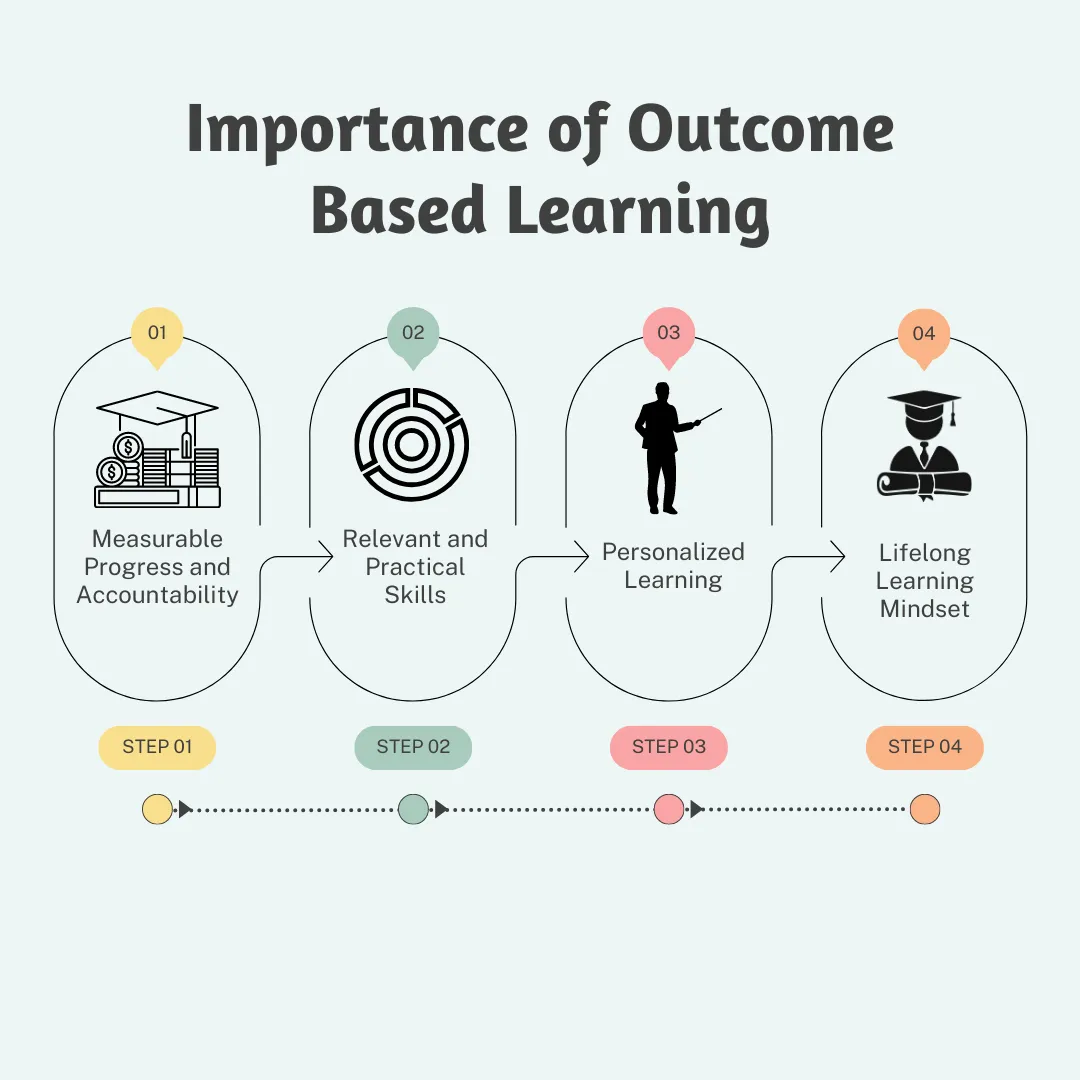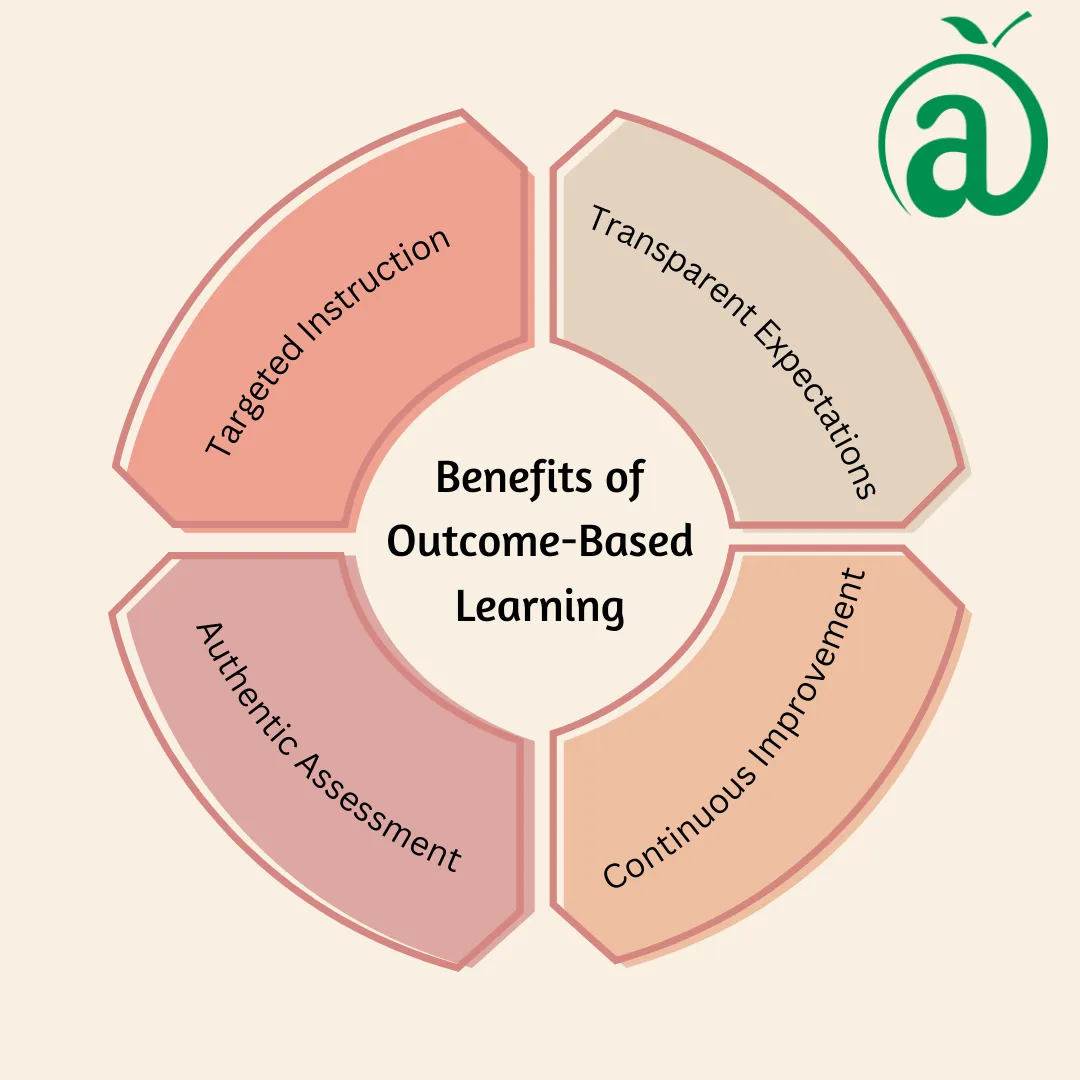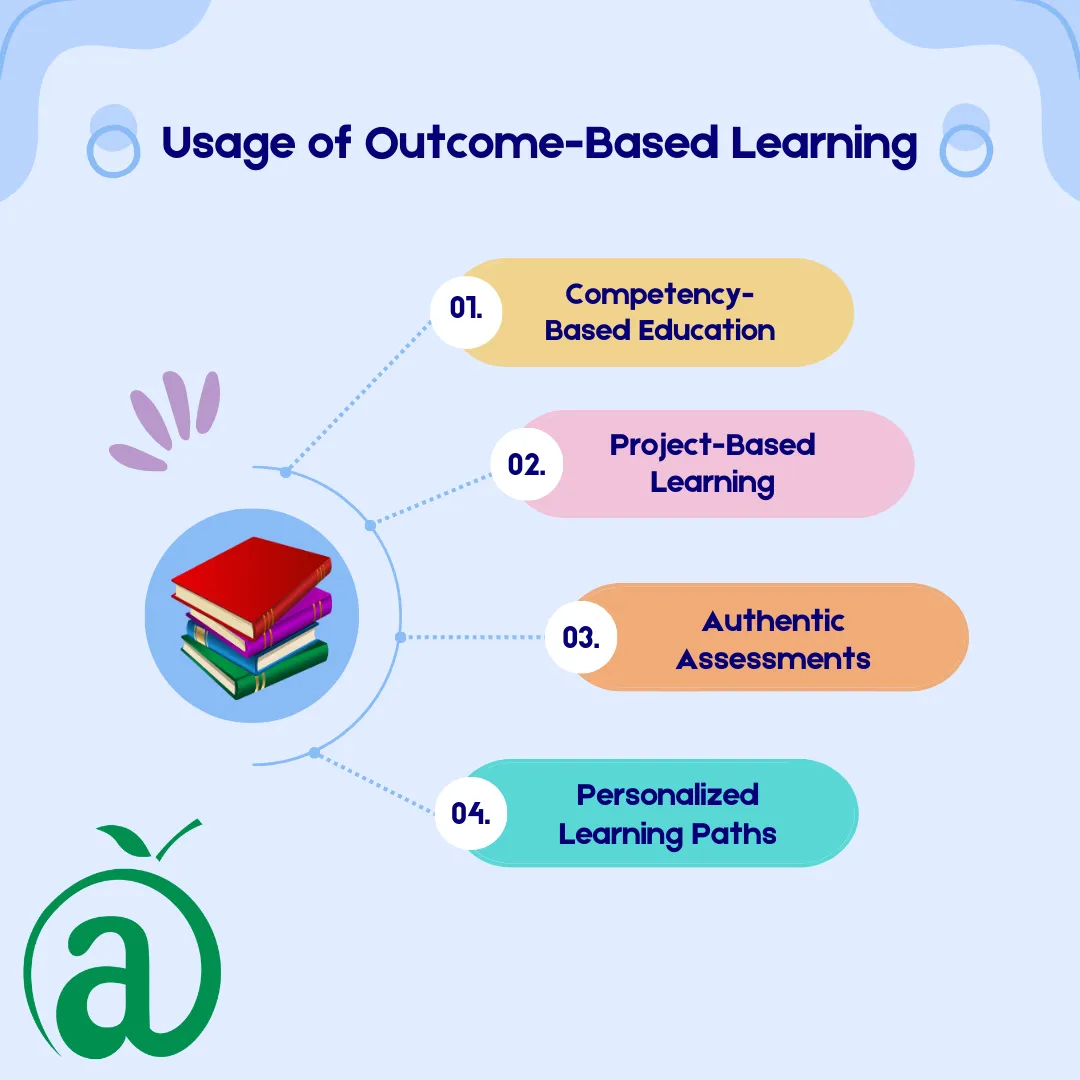
In the ever-evolving landscape of education, outcome-based learning has gained significant prominence. It shifts the focus from mere content delivery to the acquisition of specific skills, knowledge, and competencies. In this blog post, we will delve into the meaning, objectives, importance, and benefits of outcome-based learning. Additionally, we will explore how ENTAB's experiential learning assets can support students and schools in implementing outcome-based learning effectively.
Understanding Outcome-Based Learning:
Outcome-based learning is an educational approach that centers on defining clear and measurable learning outcomes. These outcomes serve as the foundation for designing instructional strategies, assessments, and learning experiences that enable students to achieve the desired competencies.
Objectives of Outcome-Based Learning:
a. Clear Learning Goals: The primary objective of outcome-based learning is to establish clear learning goals or outcomes that students are expected to achieve. These outcomes outline the specific skills, knowledge, and competencies that students should attain by the end of a course or program.
b. Student-Centered Approach: Outcome-based learning places students at the center of the learning process, empowering them to take ownership of their education. It encourages active engagement, critical thinking, problem-solving, and self-reflection.
c. Alignment with Real-World Needs: Outcome-based learning aims to align educational outcomes with the needs and demands of the real world. By focusing on relevant and practical skills, students are better prepared for future academic and professional success.

Importance of Outcome-Based Learning:
a. Measurable Progress and Accountability: Outcome-based learning provides a framework for measuring student progress and assessing their mastery of specific learning outcomes. It promotes accountability and enables educators to track individual student achievements.
b. Relevant and Practical Skills: Outcome-based learning ensures that students acquire skills and knowledge that are applicable and valuable in real-life contexts. This prepares them to tackle challenges and succeed in their future academic pursuits and careers.
c. Personalized Learning: By clearly defining learning outcomes, outcome-based learning allows for personalized learning experiences. Students can tailor their learning pathways based on their individual interests, strengths, and areas of growth.
d. Lifelong Learning Mindset: Outcome-based learning cultivates a lifelong learning mindset by emphasizing the acquisition of transferable skills, critical thinking abilities, and a growth-oriented attitude.

Benefits of Outcome-Based Learning:
a. Targeted Instruction: Outcome-based learning enables teachers to design targeted instruction that aligns with specific learning outcomes. This ensures that instructional strategies are purposeful and focused on developing the required competencies.
b. Transparent Expectations: By clearly defining learning outcomes, outcome-based learning sets transparent expectations for both students and educators. Students have a clear understanding of what is expected of them, facilitating their learning journey.
c. Authentic Assessment: Outcome-based learning emphasizes authentic assessment methods that allow students to demonstrate their mastery of learning outcomes through real-world applications, projects, portfolios, and presentations.
d. Continuous Improvement: Outcome-based learning promotes a culture of continuous improvement. Educators can analyze assessment results and student performance data to identify areas for improvement in curriculum, instruction, and support services.

Outcome-based learning can be implemented in various ways:
a. Competency-Based Education: Competency-based education aligns closely with outcome-based learning, focusing on the mastery of specific competencies rather than seat time. ENTAB's experiential learning assets provide resources and tools to support competency-based learning, allowing students to develop and demonstrate targeted skills and knowledge.
b. Project-Based Learning: Project-based learning engages students in real-world projects that require them to apply their knowledge and skills to solve authentic problems. ENTAB's experiential learning assets offer project-based resources and tools, empowering students to engage in project-based learning. With ENTAB's experiential learning assets, students can access project prompts, collaborate with peers, conduct research, and showcase their outcomes through presentations or digital portfolios.
c. Authentic Assessments: Outcome-based learning requires authentic assessments that evaluate students' proficiency in meeting the desired outcomes. ENTAB's digital platform supports the creation and implementation of various assessment methods, such as performance tasks, rubrics, and self-reflection tools, enabling teachers to assess student progress accurately.
d. Personalized Learning Paths: ENTAB's digital platform facilitates personalized learning paths by offering a vast repository of resources aligned with specific learning outcomes. Students can access relevant materials, engage in self-paced learning, and receive targeted support to meet their individual learning needs.
How ENTAB's Experiential Learning Assets Support Outcome-Based Learning:
Aligned Learning Resources: ENTAB's digital library provides a wide range of curated and aligned learning resources, including interactive multimedia, virtual labs, simulations, and educational videos. These assets enable students to acquire the necessary knowledge and skills required to achieve the desired learning outcomes.
Collaborative Learning Opportunities: ENTAB's digital platform promotes collaboration among students, allowing them to work together on projects, discussions, and problem-solving activities. Collaborative learning fosters teamwork, communication, and critical thinking skills, which are essential for achieving outcome-based learning goals.
Formative Feedback and Reflection: ENTAB's experiential learning assets support formative feedback and reflection. Students can receive timely feedback from teachers, peers, and self-assessment tools, enabling them to reflect on their progress, identify areas for improvement, and take ownership of their learning.
Data-Driven Insights: ENTAB's digital platform generates data-driven insights into student performance, progress, and engagement. Teachers can use these insights to analyze individual and class-level data, identify patterns, and make informed instructional decisions to support students in achieving the desired learning outcomes.
Professional Development and Support: ENTAB provides comprehensive professional development and support for educators to effectively implement outcome-based learning. Teachers can access training resources, attend workshops, and collaborate with a community of educators to enhance their understanding of outcome-based learning strategies and leverage ENTAB's experiential learning assets.
Conclusion:
Outcome-based learning is a learner-centric approach that focuses on specific learning outcomes, empowering students to acquire essential skills and knowledge. With ENTAB's experiential learning assets, schools can effectively implement outcome-based learning by providing aligned resources, collaborative learning opportunities, formative feedback, data-driven insights, and professional development support. By embracing outcome-based learning and leveraging ENTAB's digital platform, students can develop the skills needed to thrive in the dynamic, knowledge-driven world.